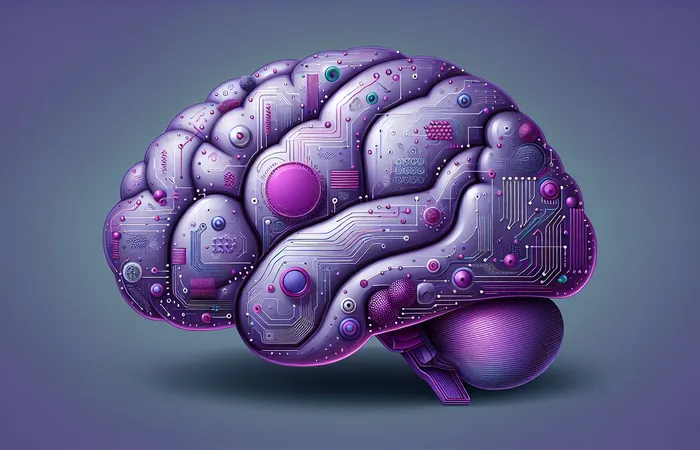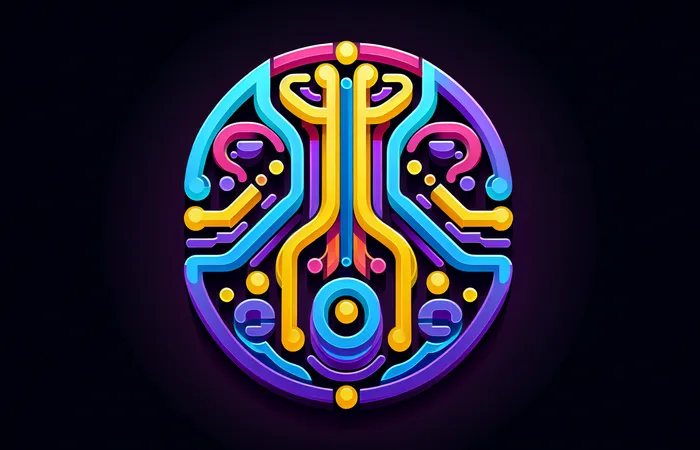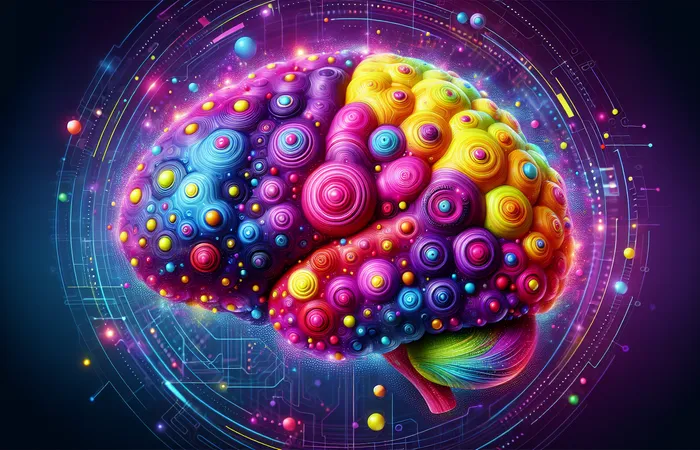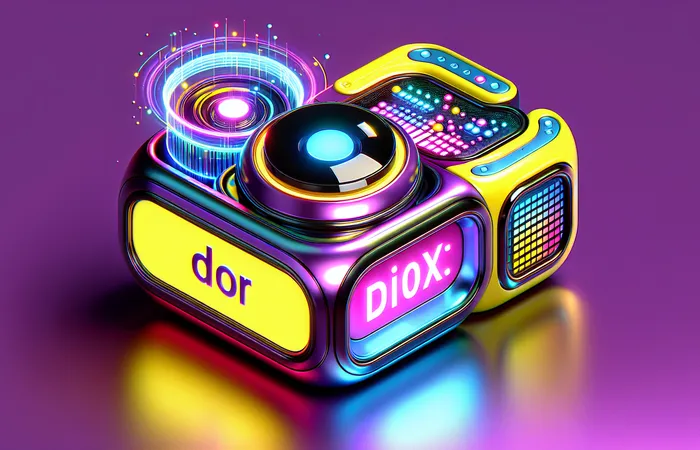AI Onboarding Process for New Employees

In today's rapidly evolving workplace, an AI-driven onboarding process is essential for new employees' seamless integration. This article explores modern AI applications that are revolutionizing corporate training and onboarding.
The Growing Importance of AI in Onboarding
Welcome to a future where artificial intelligence (AI) isn't just a strategic priority but a cornerstone of the modern workplace, transforming traditional processes into dynamic, efficient, and engaging experiences. Onboarding is one such area where AI is making significant waves. With an increasing focus on creating more effective, personalized, and scalable onboarding systems, businesses are turning to AI to streamline this crucial process.
An efficient onboarding experience is pivotal for new employees' success, satisfaction, and retention in an organization. With AI in education gradually becoming mainstream in corporate learning environments, it's revolutionizing the employee onboarding process by customizing interactions, understanding learning curves, and dynamically adjusting content delivery. Platforms like Skill5 Academy leverage AI to deliver micro courses, enhancing the onboarding experience through tailored educational content.
How AI Enhances Employee Onboarding
AI's introduction into the onboarding process contributes to several key areas that enhance the overall employee experience significantly:
- **Personalization of Learning Paths: ** Traditional onboarding programs often take a one-size-fits-all approach. However, AI enables the personalization of learning paths tailored to individual employees’ roles, experience levels, and learning preferences. By analyzing data about their background and career aspirations, AI-powered platforms can recommend specific courses, resources, or even mentors that would most benefit the new hire. The content delivery can also adjust in real-time based on employee progress, ensuring no one is left behind or stuck in a rut.
- **Automation of Routine Tasks: ** AI helps automate many repetitive administrative tasks associated with onboarding, allowing HR teams and managers to focus on more strategic initiatives. From filling out paperwork to scheduling introductions and training sessions, AI can manage these elements with precision, reducing the time and effort necessary to complete the onboarding process. Chatbots, for instance, can handle common inquiries from new hires, ensuring their questions are answered promptly.
- **Enhanced Engagement and Interaction: ** Onboarding usually includes a deluge of information and meetings, which can be overwhelming for many new employees. With AI, onboarding can become more interactive and engaging. AI can facilitate virtual tours, immersive experiences, and engaging e-learning modules that not only inform but also captivate the audience, leading to improved information retention and a more enjoyable onboarding experience.
Data-Driven Insights for Continuous Improvement
AI-driven onboarding systems excel at gathering and analyzing vast amounts of data, providing HR teams with invaluable insights into the onboarding process's effectiveness. By leveraging data analytics, organizations can continuously refine and optimize their onboarding processes. These insights can reveal trends about performance bottlenecks, areas requiring additional training, or even future leaders amongst the new hires, guiding strategic decisions.
Moreover, data-driven feedback loops allow organizations to measure the ROI of their onboarding programs. By tracking key performance indicators like time-to-productivity, retention rates, and employee satisfaction scores, companies can justify investments in AI-powered platforms such as Skill5, ensuring their onboarding processes scale efficiently with organizational growth.
Overcoming Challenges with AI in Onboarding
As with any technology, the implementation of AI in onboarding comes with its challenges. One potential hurdle includes data privacy concerns. It's crucial for organizations to ensure AI systems are compliant with data protection regulations and that employees' personal information is handled sensitively and ethically.
Another challenge is the integration of AI systems with existing HR processes. Successful AI implementation requires interoperability between various systems to create a seamless transition for new employees. It is essential to have a well-planned integration strategy to maximize AI’s full potential, reducing friction, and enabling a smooth onboarding experience.
The Future of Onboarding
The integration of AI into onboarding is not merely a trend but a business imperative for organizations aiming to stay competitive in the digital era. As AI technology continues to advance, the onboarding process will likely become even more predictive and engaging, tailored to individual roles as they evolve. Future AI developments might include more sophisticated emotional intelligence capabilities, offering deeper insights into employee engagement and well-being during the onboarding phase.
With AI, businesses can meet the growing expectations of a diverse workforce, offering a more flexible and efficient entry into their organizations, and fostering a culture of continuous learning and productivity. By embracing AI-powered onboarding solutions, companies future-proof their operations, ensuring they attract, retain, and develop top talent in an ever-competitive market.



